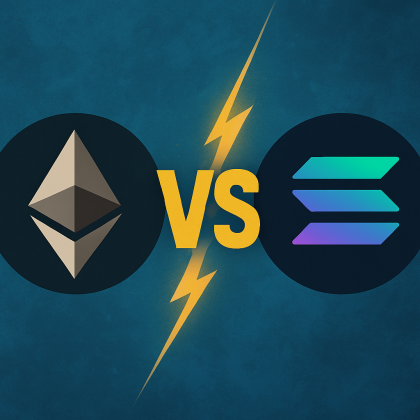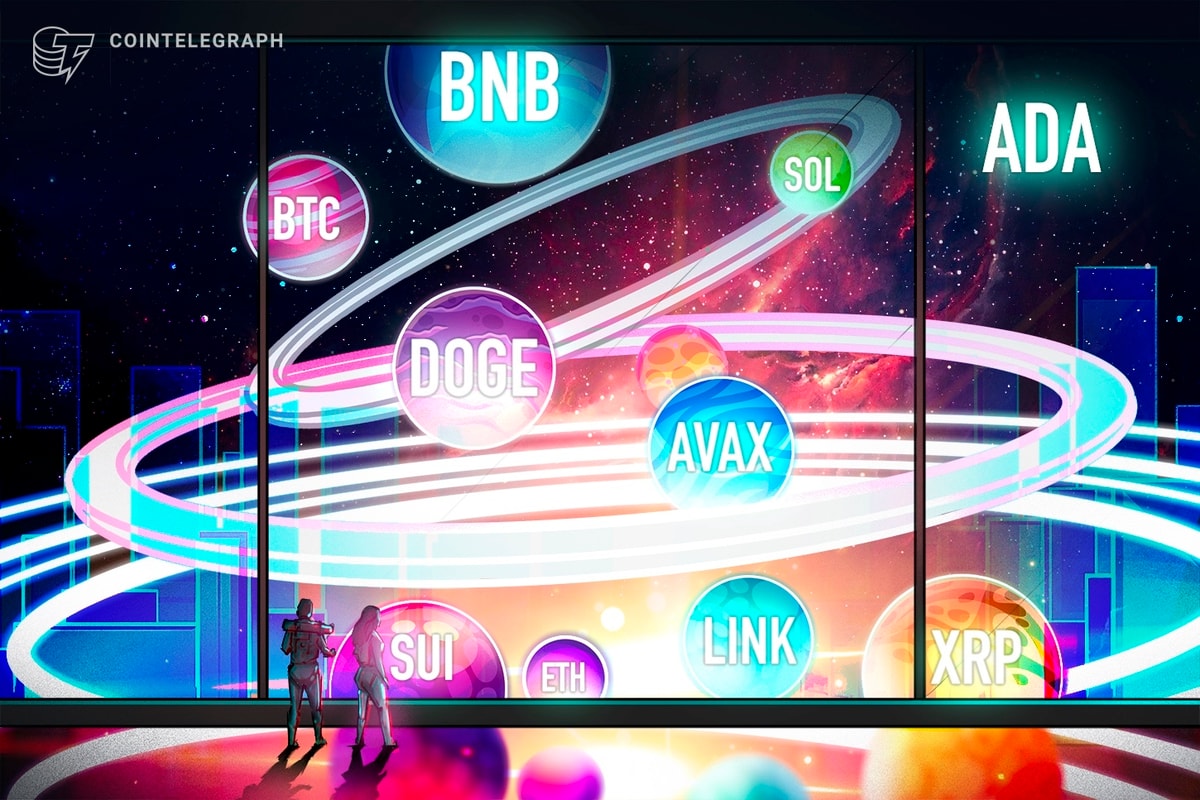KernelDAO enhances restaking by enabling stakers to reuse assets across Ethereum and BNB Chain through its Kelp, Kernel and Gain protocols.
Many blockchain networks are shifting to a proof-of-stake model, where participants secure the system by locking up their tokens (staking) rather than relying on power-hungry computations. This method rewards stakers with newly issued tokens or fees whenever they help confirm new transactions.
However, locking tokens often creates an opportunity cost: those funds typically cannot be used elsewhere. This limitation has spurred the idea of “restaking,” which involves reusing already staked assets to support additional protocols. By doing so, participants may multiply their rewards and extend security benefits across multiple platforms.
One initiative exploring this trend is KernelDAO, a platform specializing in multichain restaking infrastructure, with a total value locked (TVL) of over $2.3 billion across Ethereum and BNB Chain. By building tools that connect various blockchains, KernelDAO aims to make staked assets more flexible and productive.
When restaking with KernelDAO, users can employ a derivative of their staked asset on another chain to enhance security or participate in additional network activities. This arrangement allows them to contribute to security or engage in further network utility without compromising the original staking rewards.
Facilitating liquid restaking on Ethereum
A key element of KernelDAO’s suite is Kelp, a liquid restaking protocol within Ethereum’s decentralized finance (DeFi) ecosystem. By issuing liquid restaking tokens (LRTs), Kelp lets participants stake Ether (ETH) and receive tradable tokens they can deploy across various DeFi protocols.

Source: DefiLlama
According to DefiLlama, Kelp’s approach has attracted nearly $2 billion in TVL, making it the second-largest LRT protocol. It has integrated with more than 40 DeFi projects, such as Aave, Compound and Morpho, providing stakers with diversified yield opportunities. Kelp supports over 10 layer-2 networks and claims a user base of more than 400,000 unique restakers.
“Restaking is transforming proof-of-stake ecosystems by unlocking shared security and additional reward generation,” explained Amitej Gajjalla, co-founder and CEO of KernelDAO. “We’re building the infrastructure that will make this possible across every major blockchain.”
A BNB Chain restaking layer
KernelDAO’s second offering, simply called Kernel, targets the restaking market on BNB Chain. KernelDAO explained that the choice to build on the BNB Chain rather than Ethereum was driven by the BNB (BNB) token’s established ecosystem and its resilience during market fluctuations.
Soon after launch, the initiative’s TVL surpassed $400 million, drawing interest from more than 30 projects focused on areas such as zero-knowledge proofs, crosschain services and oracles. Backed by Binance Labs, Kernel leverages BNB’s stability and user base, offering developers new ways to capitalize on tokens locked for network consensus.
Yield optimization made simpler
Rounding out KernelDAO’s triad is Gain, with around $200 million in TVL across its products. One such product, the Airdrop Gain Vault (agETH), gives stakers exposure to layer-2 airdrops, while the High Gain Vault (hgETH) curates professional DeFi strategies.
By unifying multiple yield opportunities under one platform, Gain simplifies the process of earning on staked assets. This framework sets the stage for KernelDAO’s expansion into other markets, including Bitcoin-focused offerings and real-world assets (RWAs), illustrating how restaking might extend beyond standard crypto tokens.
Unifying three products
A single governance token, KERNEL, underpins all three products. Instead of dividing governance across separate tokens, this model empowers holders to vote on critical decisions affecting each protocol.
With TGE right around the corner, you might be wondering, what’s the real utility of $KERNEL? 🤔
— KernelDAO (@kernel_dao) February 12, 2025
Hint: It’s powered by three groundbreaking products
For a deep dive, check out our Litepaper:https://t.co/smmpcubbb6 pic.twitter.com/0sWWpIYBNj
KernelDAO has secured $10 million in funding from institutional backers alongside a $40 million ecosystem fund. The goal is to encourage developers to build services that utilize restaking, further enhancing the platform’s capability to link different blockchains.
With its comprehensive product suite, strong institutional backing, and a clear roadmap for expansion, KernelDAO aims to establish itself as a cornerstone of blockchain infrastructure. The protocol’s ability to unify different blockchain ecosystems while maintaining robust security measures (including audits from Bailsec, ChainSecurity, and SigmaPrime) sets it apart in an increasingly competitive space.
As blockchain technology continues to evolve, KernelDAO stands out for its strategic presence in both Ethereum and BNB Chain through specialized products tailored to each ecosystem. The protocol’s impressive growth metrics and extensive partnership network suggest it will play a crucial role in shaping the future of blockchain infrastructure.
Disclaimer. Cointelegraph does not endorse any content or product on this page. While we aim at providing you with all important information that we could obtain in this sponsored article, readers should do their own research before taking any actions related to the company and carry full responsibility for their decisions, nor can this article be considered as investment advice.











